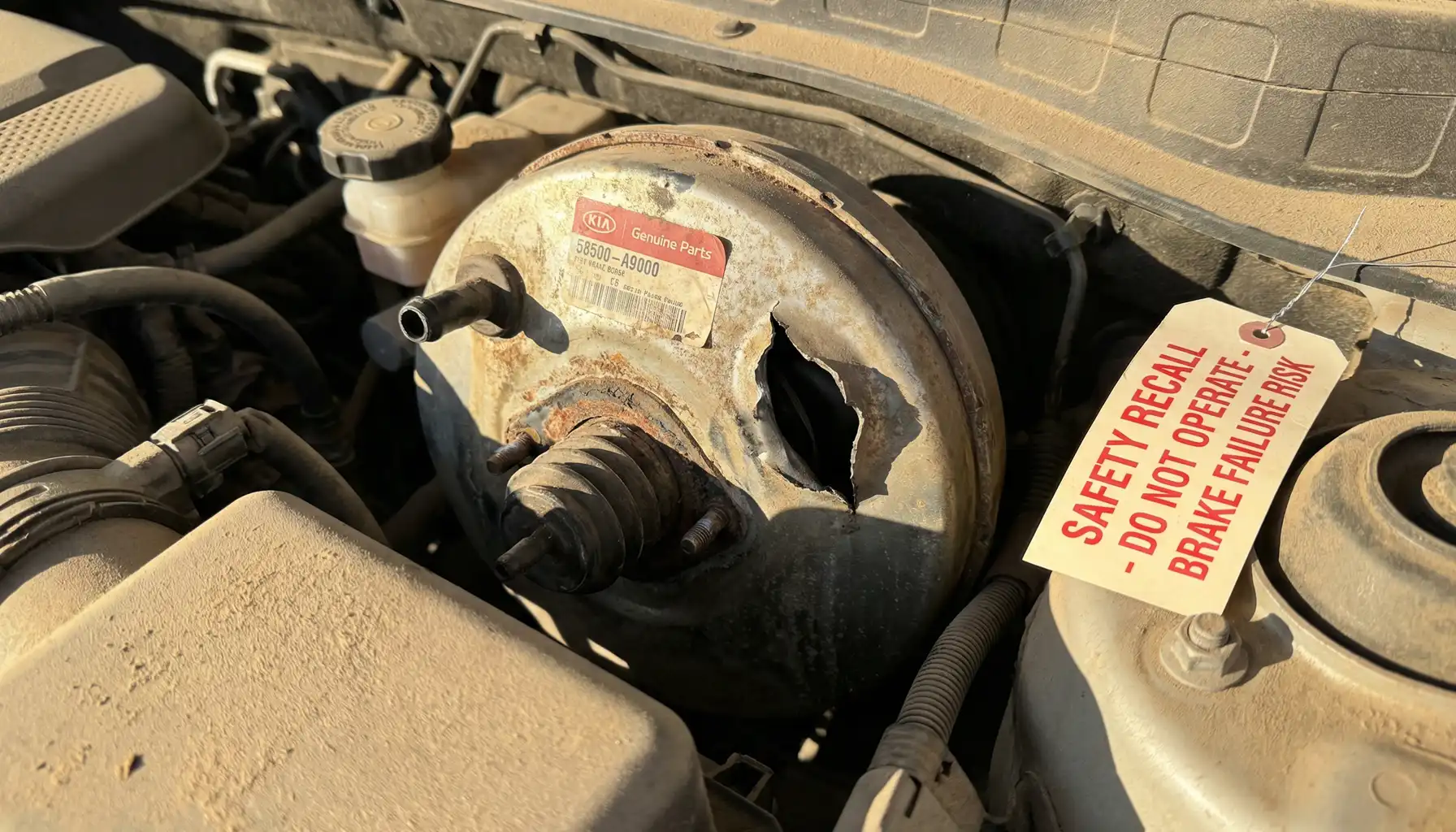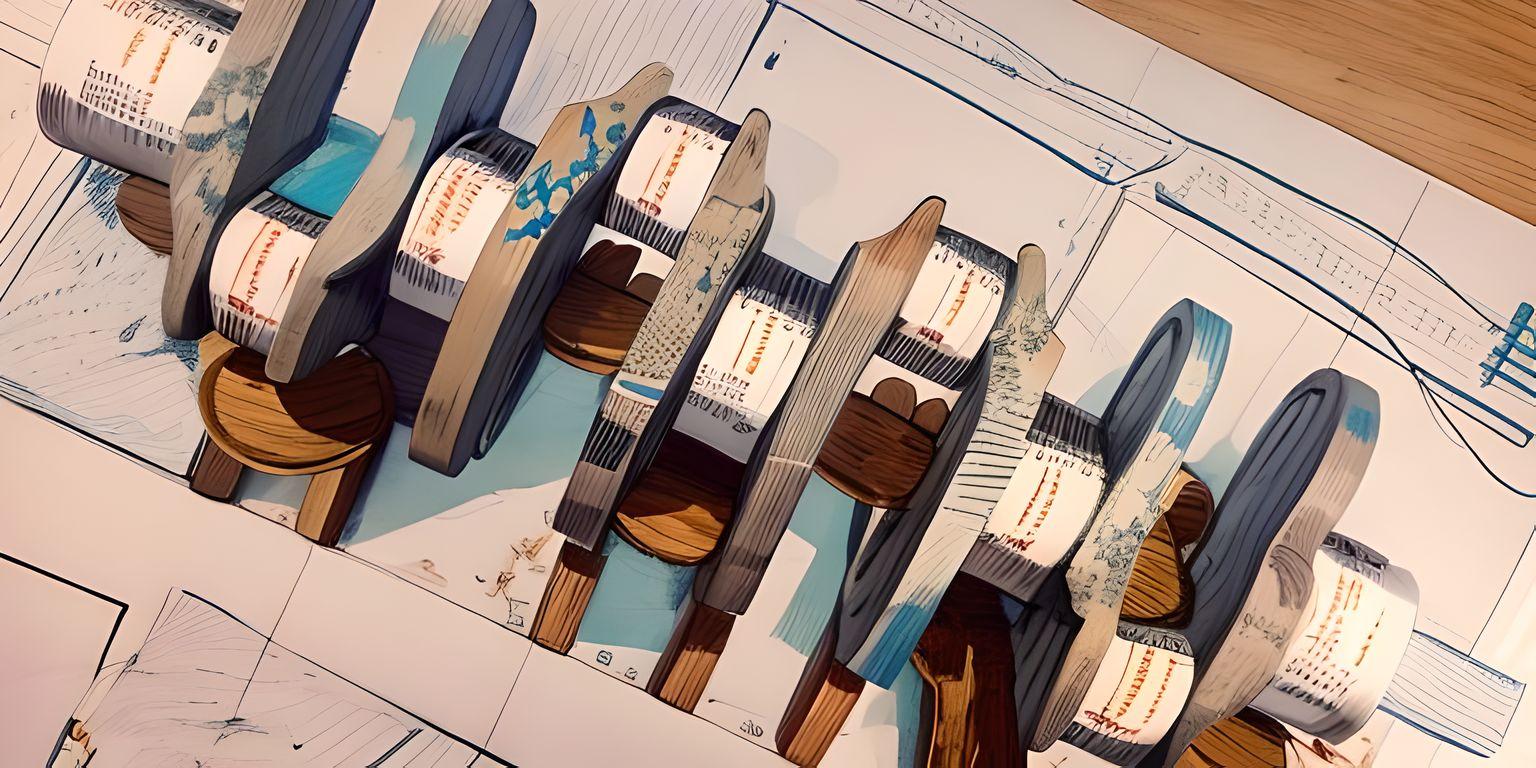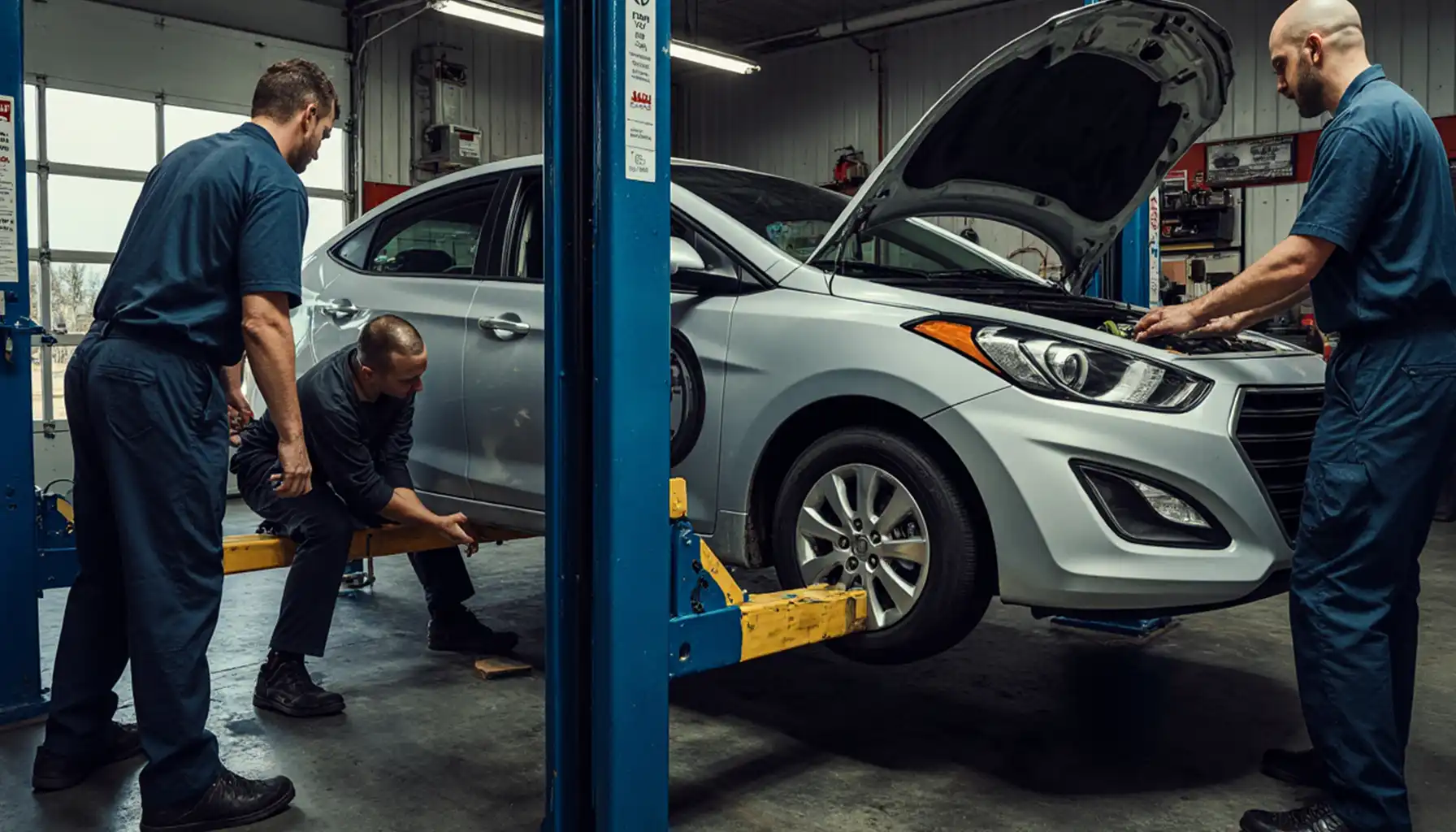Rear shock absorbers leaking is one of the critical symptoms of broken shock absorbers that you should pay attention to. Rear Shock absorbers in vehicles, as one of the vital chassis parts, have the task of reducing vibrations imposed on the vehicle during movement.
On the other hand, Fluids and oil are used to improve the performance and smooth operation of the shock absorber.

If the shock absorber of the vehicle or motorcycle is damaged, it can lead to fluid leakage. In other words, the leaking of rear shock absorbers indicates a malfunction.
If the rear shock absorbers leak oil, the part should be replaced as soon as possible. Without replacing the shock absorber, the vehicle or motorcycle will face serious problems. Therefore, it is suggested to pay attention to this vital part and, in case of any leakage or damage, replace the shock absorber as soon as possible.
Need new shocks?
If you need to purchase any of the Chassis Parts for your vehicle, get in touch with Arsintrading.
What should I do if my vehicle’s rear shock absorbers are leaking?
Next, we will refer to some of the leading causes of rear shock absorbers leaking oil that you should consider as warning signs:
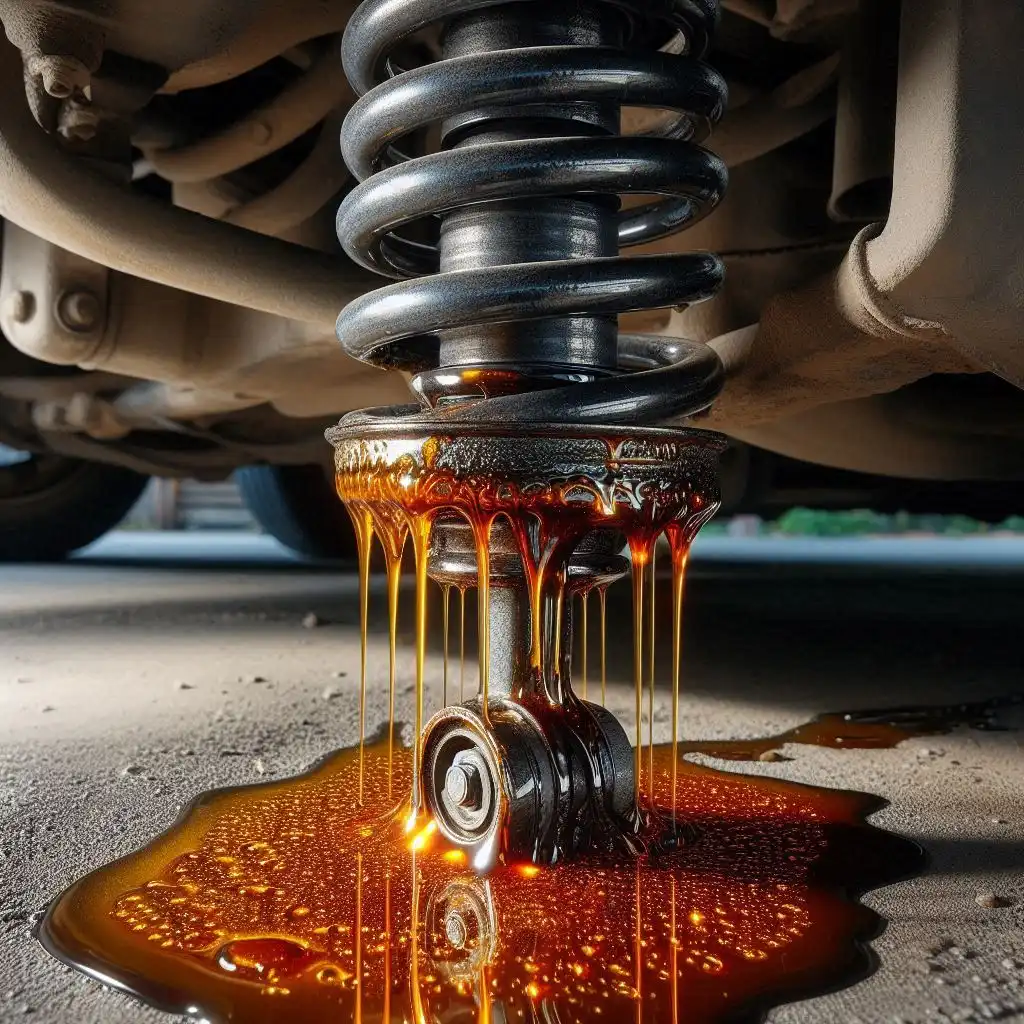
Internal cleanliness of the shock absorber
Inside the shock absorber, there may be contamination particles such as welding slag, iron chips, and other solid particles. These particles can be in contact with the oil seal surface and cause abrasion and wear. This wear can lead to oil leakage from the shock absorber seal.
External contamination
The shock absorber is exposed to various working conditions and may come into contact with external particles, such as sand, in the surrounding environment. These external particles can enter the oil seal of the shocks and cause rear shock absorbers to leak oil.
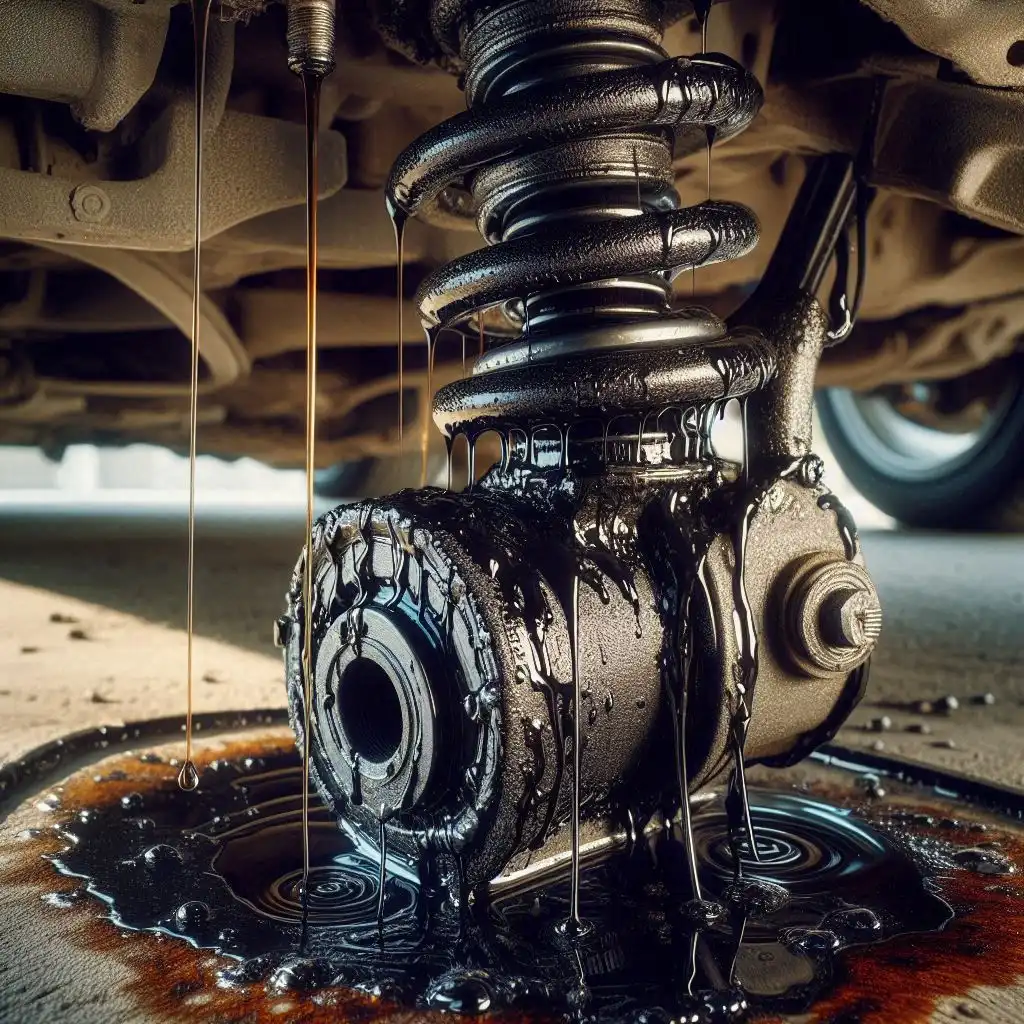
Poor sealing performance
Over time, the oil seal of the shock absorber may become old and lose its performance. This issue may be due to the deterioration of sealing materials, cracks, and other problems that cause oil leakage.
Incorrect installation of the bump stop
When installing the shock absorber on the chassis, the bump stops should be properly installed to cover all potential leakage points. If the bump stops are not correctly installed, there is a possibility of oil leakage from them.
Lack of rod end seal
The rod end, which controls the piston movement, should be located at one end of the metal tube. If the rod end is not sealed correctly, there is a possibility of oil leakage from it. The rod end seal is used to tear shock absorbers leaking oil from the end of the metal tube.
If the rod end seal is not applied correctly or is damaged, oil can leak from this point and spill out. This issue can lead to oil leakage and a decrease in the oil level in the shock absorber. Therefore, the rod end seal must be correct and intact to prevent oil leakage.
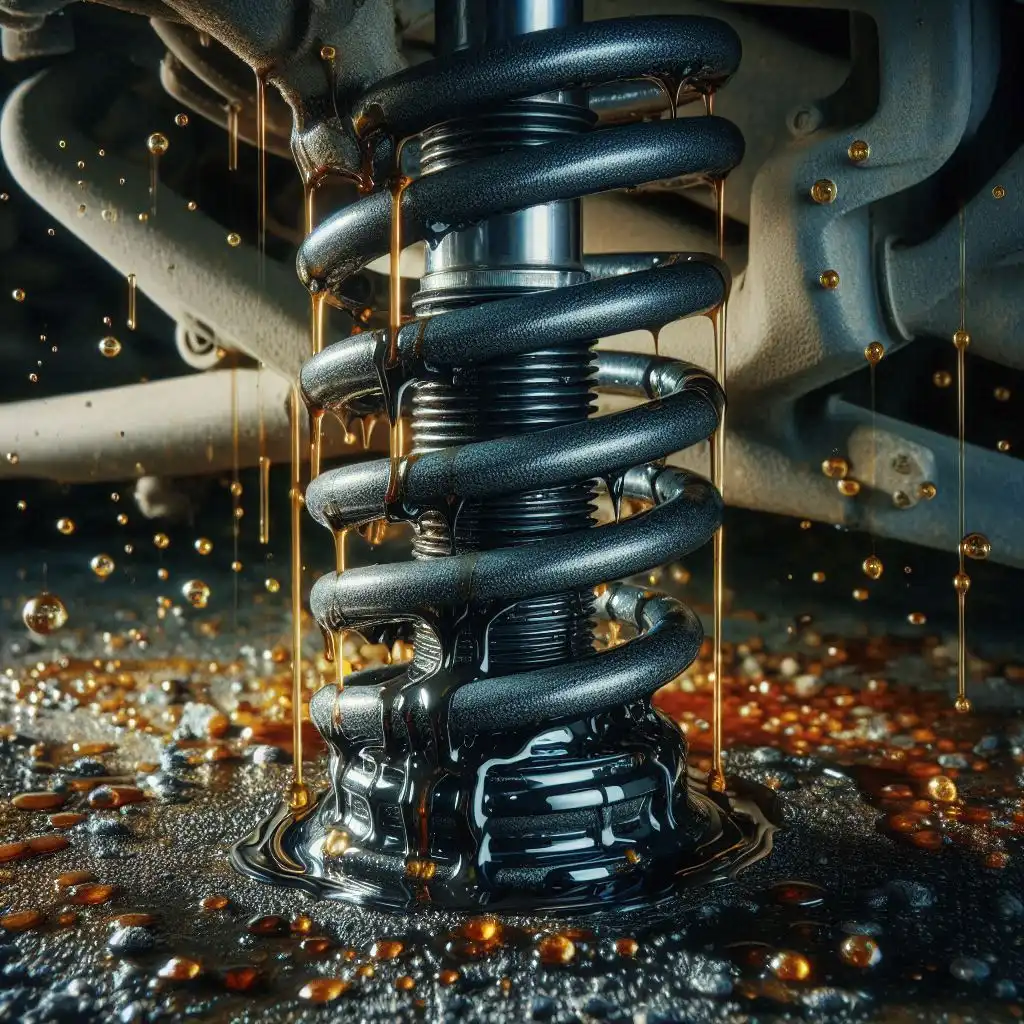
External and internal contaminations
If the dust cover layer of the shock absorber is damaged, contaminations may settle on the shock absorber and dust cap when passing through muddy and dusty paths. Also, the collision of gravel from outside and welding slag and machining chips that may have remained inside the cylinder can damage the dust cap.
Expiry of the dust cap lifespan
Over time, the dust cap becomes dry, brittle, and worn out. In this state, there is a possibility of cracks or breakage in it.
Rust
If the vehicle is parked in one spot for a long time and is not used, or for any reason, moisture has entered the structure of the shock absorber, the piston rod may rust. After restarting the vehicle and passing through bumps, this rust can cause problems for the dust cap and other parts.
Excessive pressure applied to the shock absorber
If, for the reasons mentioned (number one), the piston rod bends, it is possible that, as a result, the dust cap will also be damaged.

